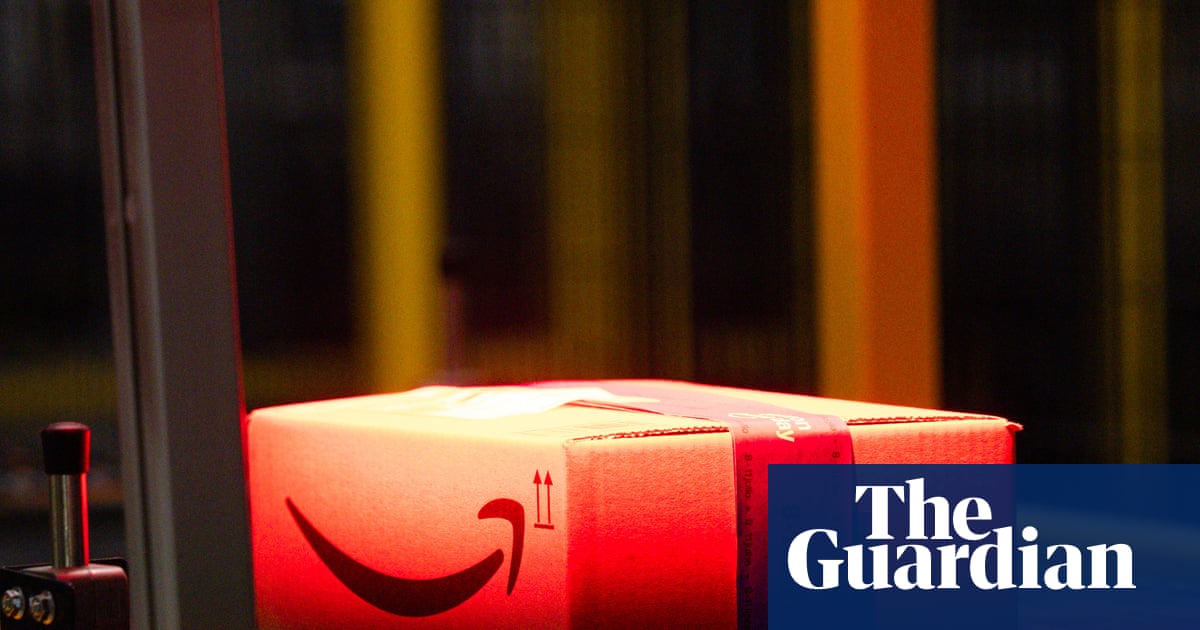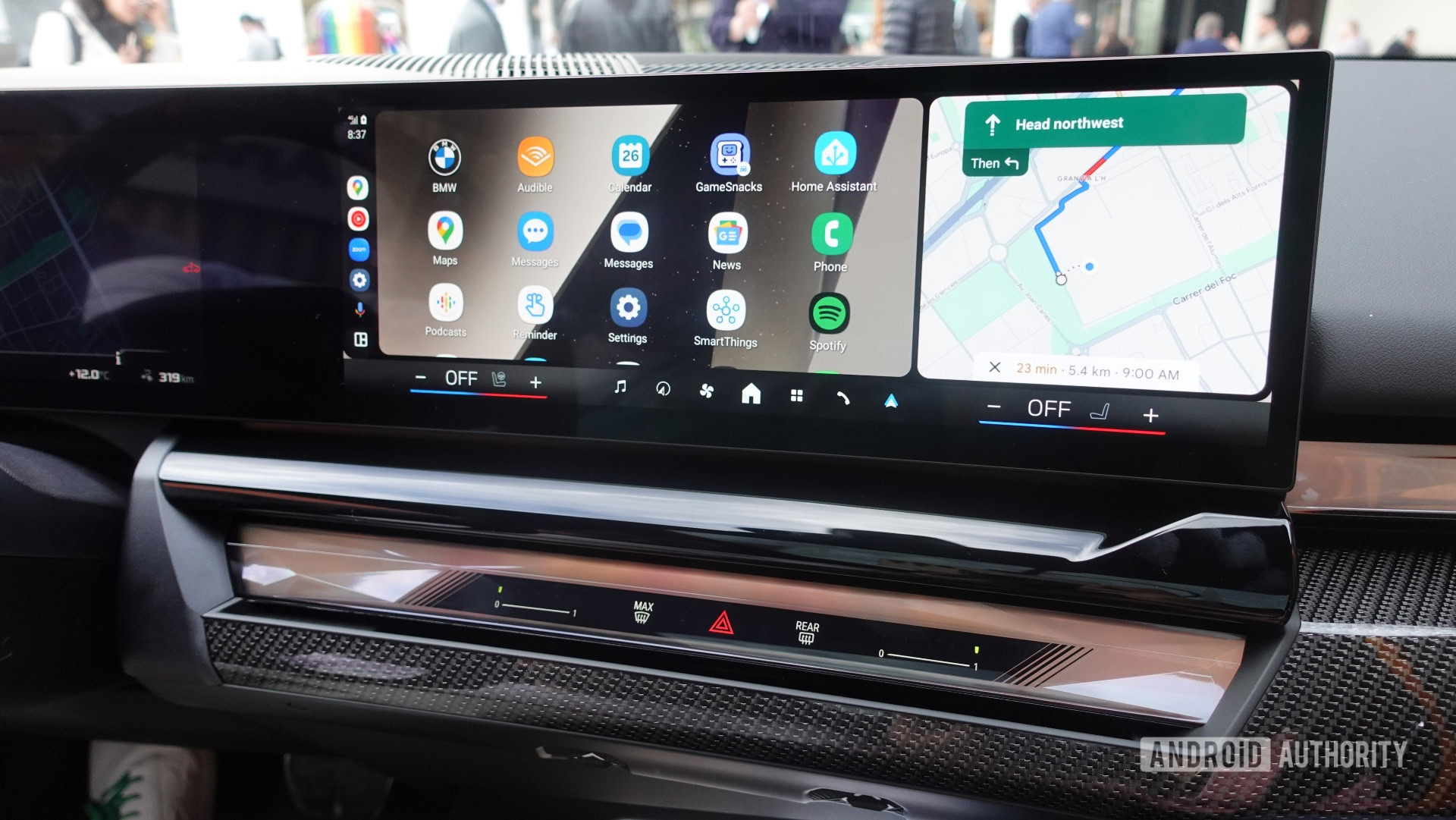What’s the next killer app for the final frontier? According to Jeff Bezos, it’s a future fleet of gigawatt data centers, flying in orbit and powered by sunlight.
Bezos — who founded the Amazon retail giant as well as his privately held Blue Origin space venture — pointed to the prospects for orbital data centers last Friday during a fireside chat at Italian Tech Week 2025 in Turin. He cast the technology as the most cost-efficient way to satisfy the tech industry’s need for more power to fuel advances in artificial intelligence.
But don’t expect cloud computing to leave Earth behind immediately. Bezos estimated that the transition from Earth-based to space-based data processing would take more than 10 years.
“I bet it’s not more than 20 years,” he said. “We’re going to start building these giant gigawatt data centers in space. So, these giant training clusters, those will be better built in space, because we have solar power there, 24/7.”
Space-based solar arrays wouldn’t face the weather-related limitations that terrestrial solar-power installations have to live with. Once the arrays are in orbit, the power is basically free.
“We will be able to beat the cost of terrestrial data centers in space in the next couple of decades,” Bezos said. “Space will end up being one of the places that keeps making Earth better. It already has happened with weather satellites. It’s already happened with communication satellites. The next step is going to be data centers and other kinds of manufacturing.”
Several commercial ventures are already working on plans to put data centers in space, including Seattle-based StarCloud and Sophia Space, a California-based startup with significant Seattle connections. Houston-based Axiom Space tested an Amazon Web Services Snowcone cloud-computing device aboard the International Space Station in 2022. This year, Axiom is gearing up to send its first Orbital Data Center nodes into low Earth orbit.
During Friday’s fireside chat, Bezos talked about topics ranging from advice for entrepreneurs (“The thing you always go back to is those customer needs”) to the repercussions of an AI investment bubble (“When the dust settles and you see who are the winners, society benefits from those inventions. … The benefits to society from AI are going to be gigantic”).
Bezos turned to his agenda for space commercialization toward the end of the talk. Here are a few more tidbits from that part of the fireside chat:
- The next launch of Blue Origin’s New Glenn rocket is due to take place at the end of October “or maybe the first week of November,” Bezos said. “We’re going to launch our New Glenn vehicle, and we’re sending NASA’s Escapade satellites into orbit around Mars.”
- Bezos thinks there could be millions of people living in space within the next couple of decades. “That’s how fast this is going to accelerate,” he said. “They’ll mostly be living there because they want to. Our robotic technology is getting so good, we don’t need people to live in space. Anything that we need done … we will be able to send robots to do that work, and that’ll be much more cost-effective than sending humans.”
- What works of science fiction would Bezos recommend to readers or viewers? He talked up novelist Iain M. Banks’ Culture series, which also happens to be a favorite for SpaceX founder Elon Musk. Bezos said the series “has such an interesting utopian take on the intersection of humanity and artificial intelligence.”
- It’s now been four years since Bezos stepped down as CEO and president of Amazon while retaining the title of executive chair. At the age of 61, Bezos said he’s “working very hard” on Blue Origin — and on AI. “I’m the least retired person in the world, and I will never retire because work is too much fun,” he said. “It will never happen.”











